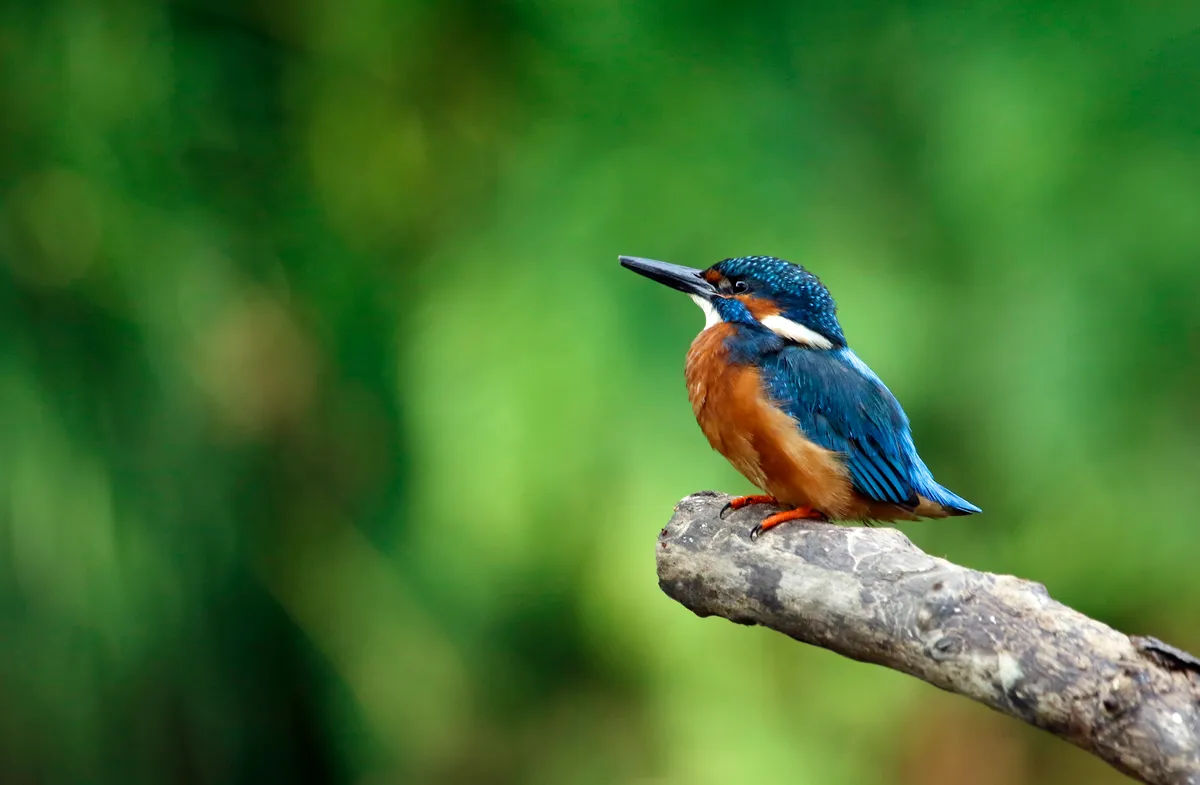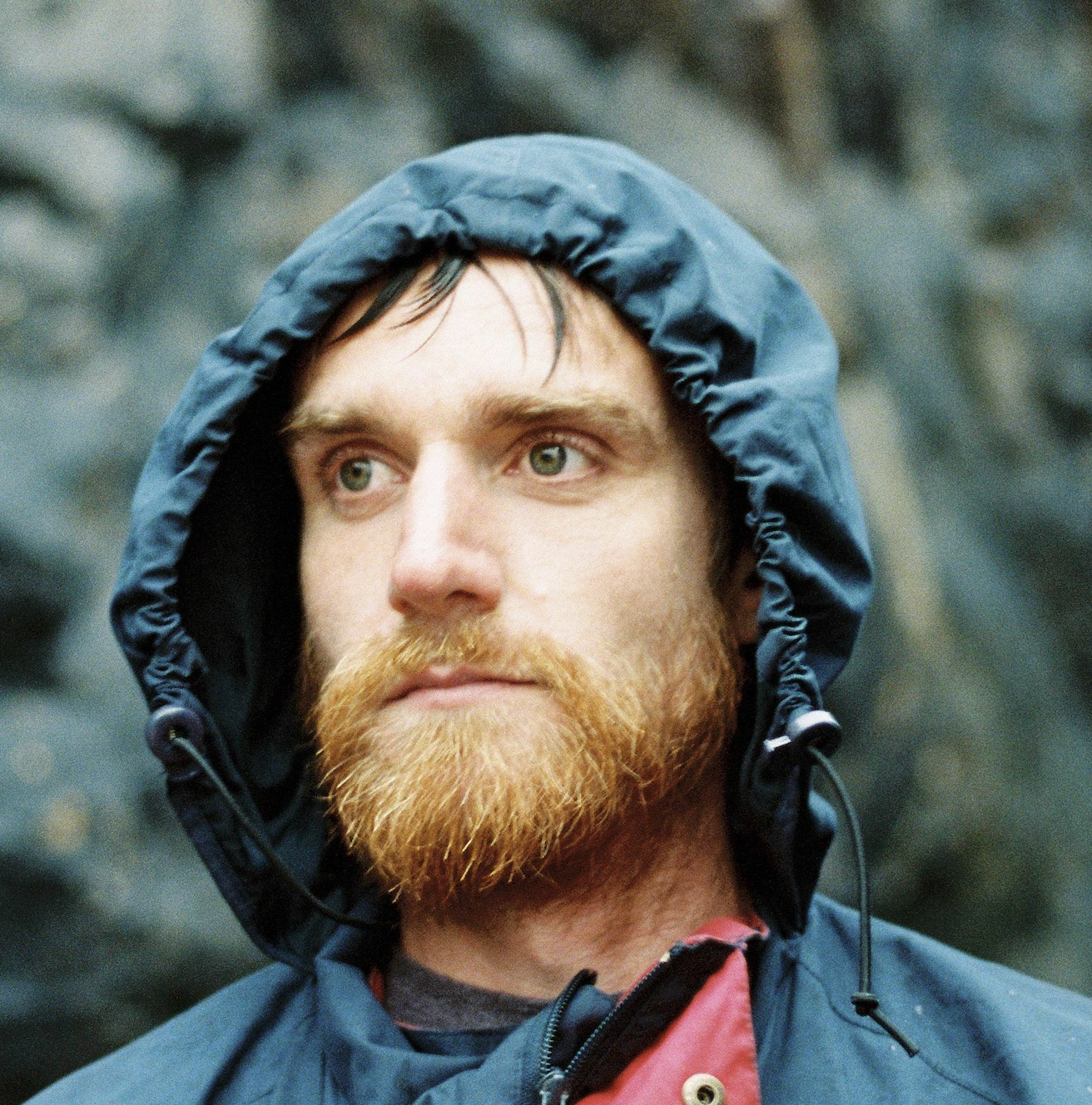Unusually for a river, the tranquil Cam derives its name from Cambridge rather than the other way around. Less than a mile from the convergence of the Cam’s two main tributaries, the Rhee and the Granta, is Byron’s Pool, a nature reserve that marks the start of a 2.5-mile (4km) stretch of water, designated for swimming and free from motorboats, which ends at the university city.

Journey down the River Cam
Times have changed since the Romantic poet Lord Byron began studies at Trinity in 1805 and famously swam in the seclusion of this spot south of the city. Sadly, a weir was installed in 1949 and swimming is forbidden within 36 metres of any weir, lock or sluice, so today you can’t submerge in the same spot as Byron, although a visit is still worthwhile. Hairstreak butterflies flit about the sycamore-dominated wood and you may catch a shimmering blue fizz in the air as a kingfisher takes flight over the water.
Grantchester is a classic English village named for the River Granta and is the next stop on a lazy drift downriver. A century after Byron took to the waters, the poet Rupert Brooke made this village his home. Brooke and the group that gathered around him would probably have welcomed the recent revival of wild swimming as they led a liberal, bohemian lifestyle, desiring to get closer to nature. Brooke and Virginia Stephen (later Woolf) are said to have swum naked by the moonlight in Byron’s Pool.
Grantchester Meadows
Continue north of the village to reach Grantchester Meadows, a series of fields on the floodplain. Red poll cattle gently graze on the low-sided riverbank dotted with ash trees and pollarded willows. Easy access makes this a popular spot to take to the water.
Though named for its role as a place of grazing, Sheeps Green was once home to separate bathing spots for men and women. Punts become more prominent as you approach the city, and you may see egrets rhythmically totter about the water meadow or herons fly overhead as you swim. Cattle still roam during the summer months at Coe Fen, where the permitted swimming stretch ends.
Although a 16th-century vice chancellor of the university banned scholars from swimming, thankfully his opinion does not prevail for those of us who enjoy a dip these days.
